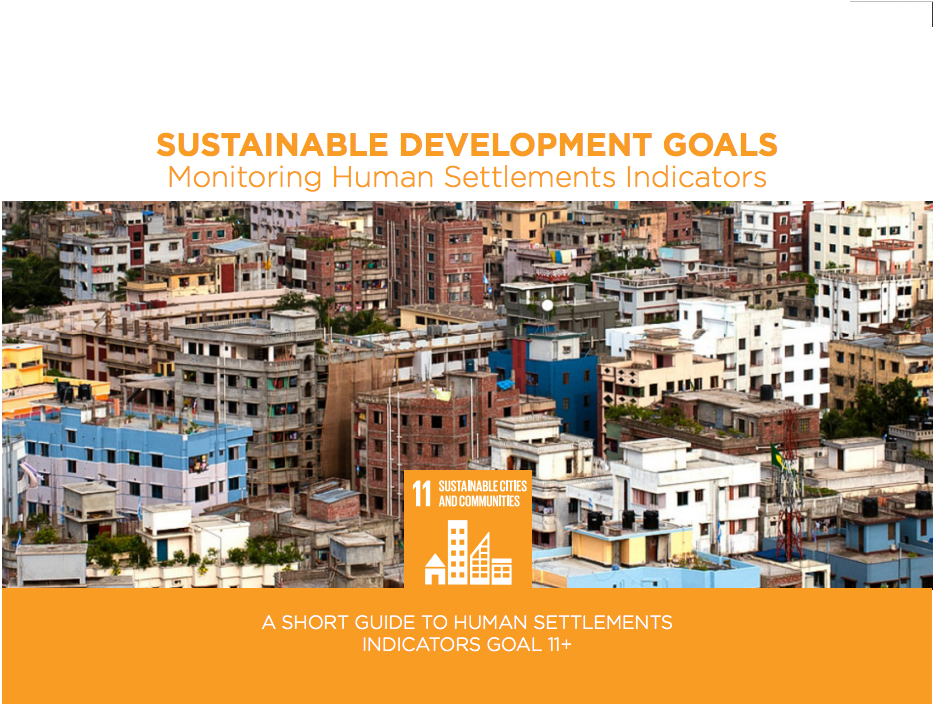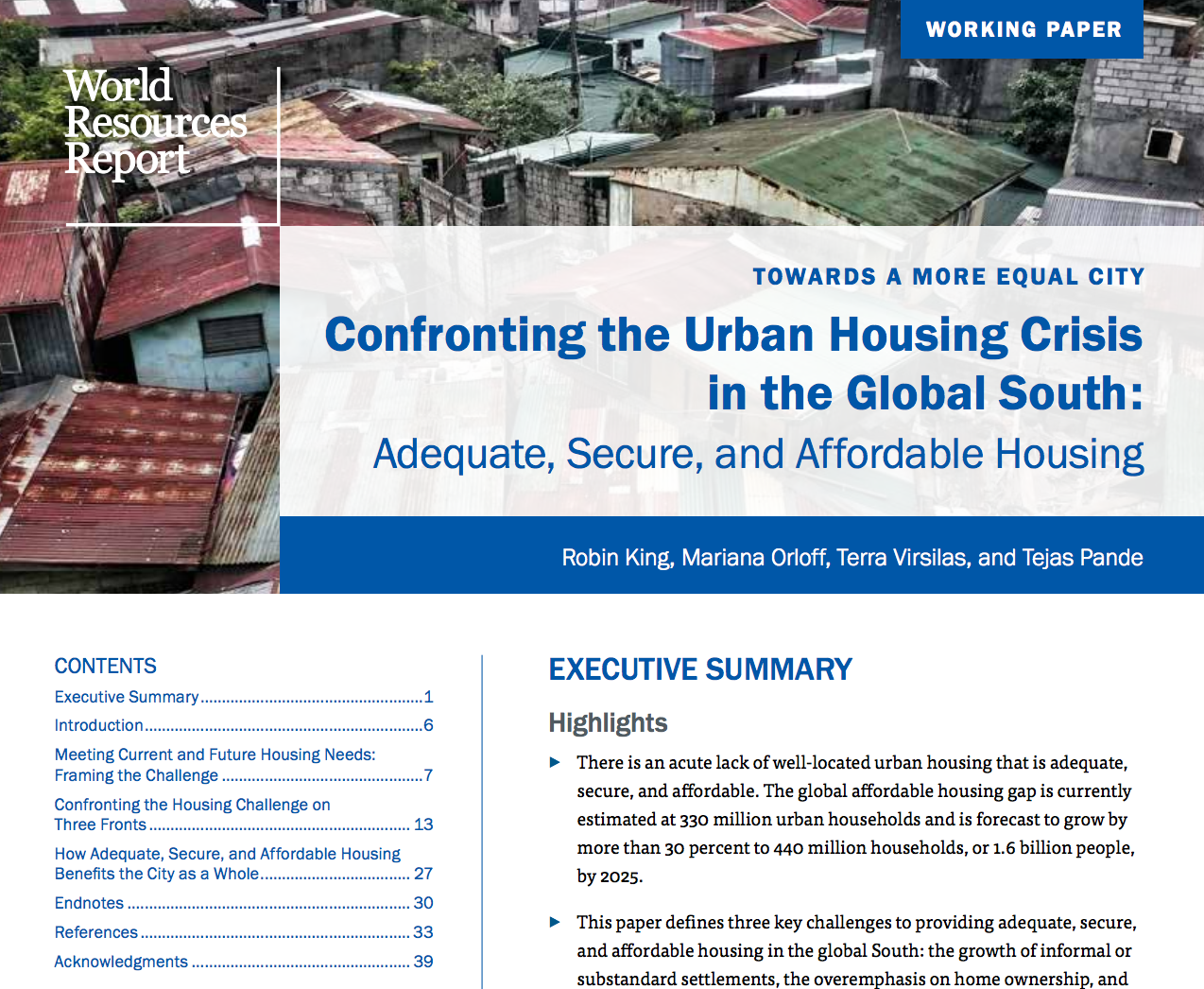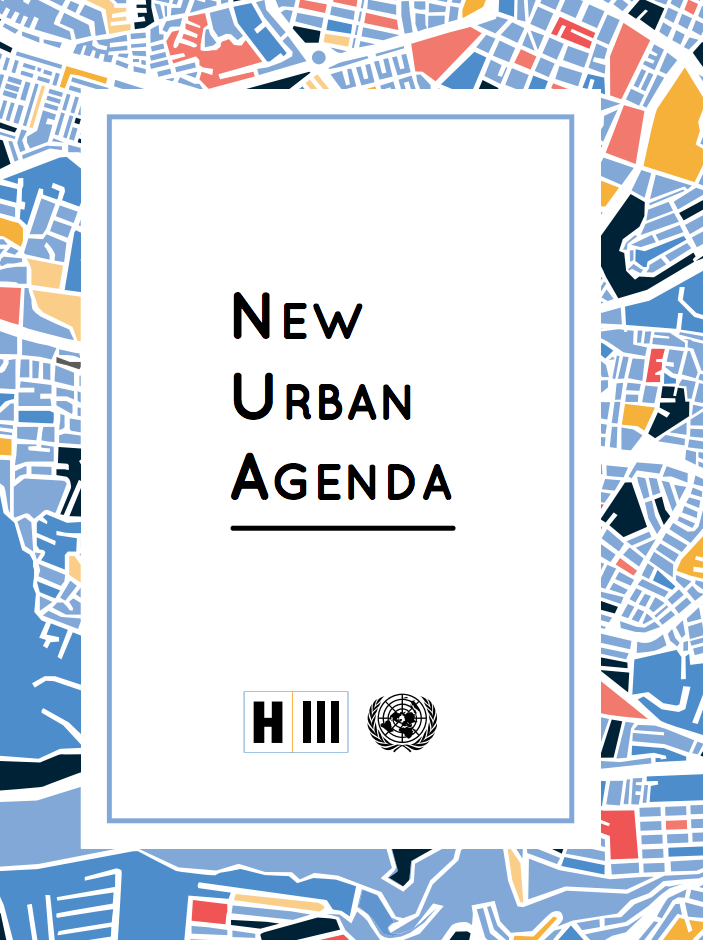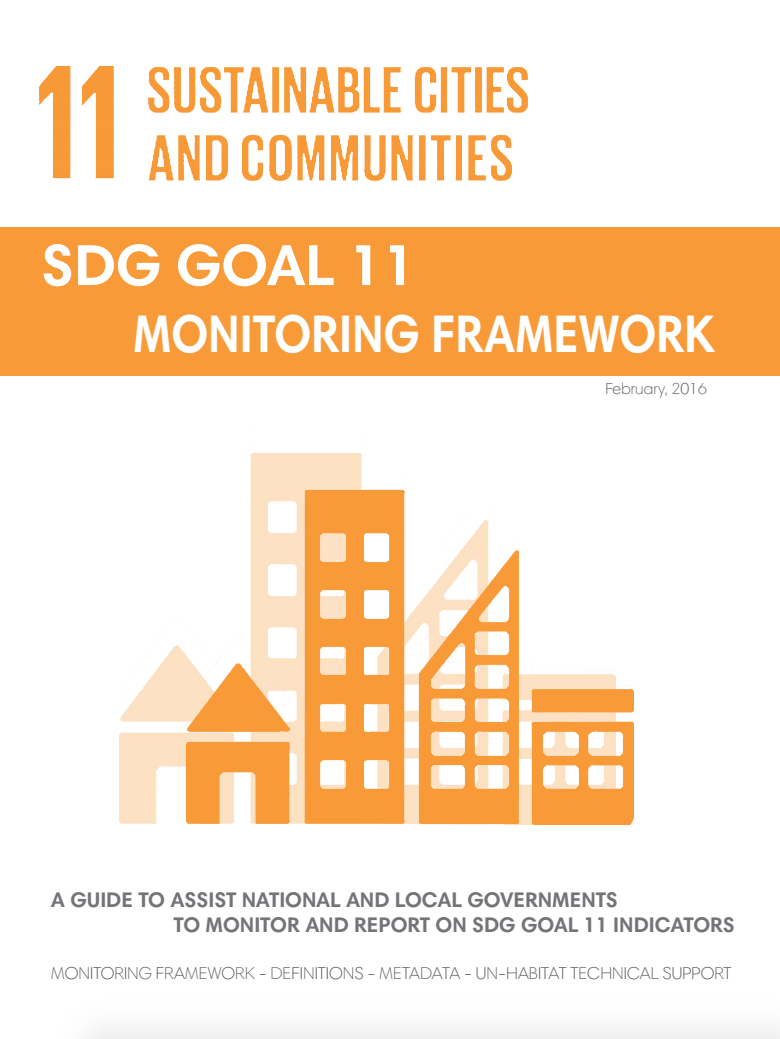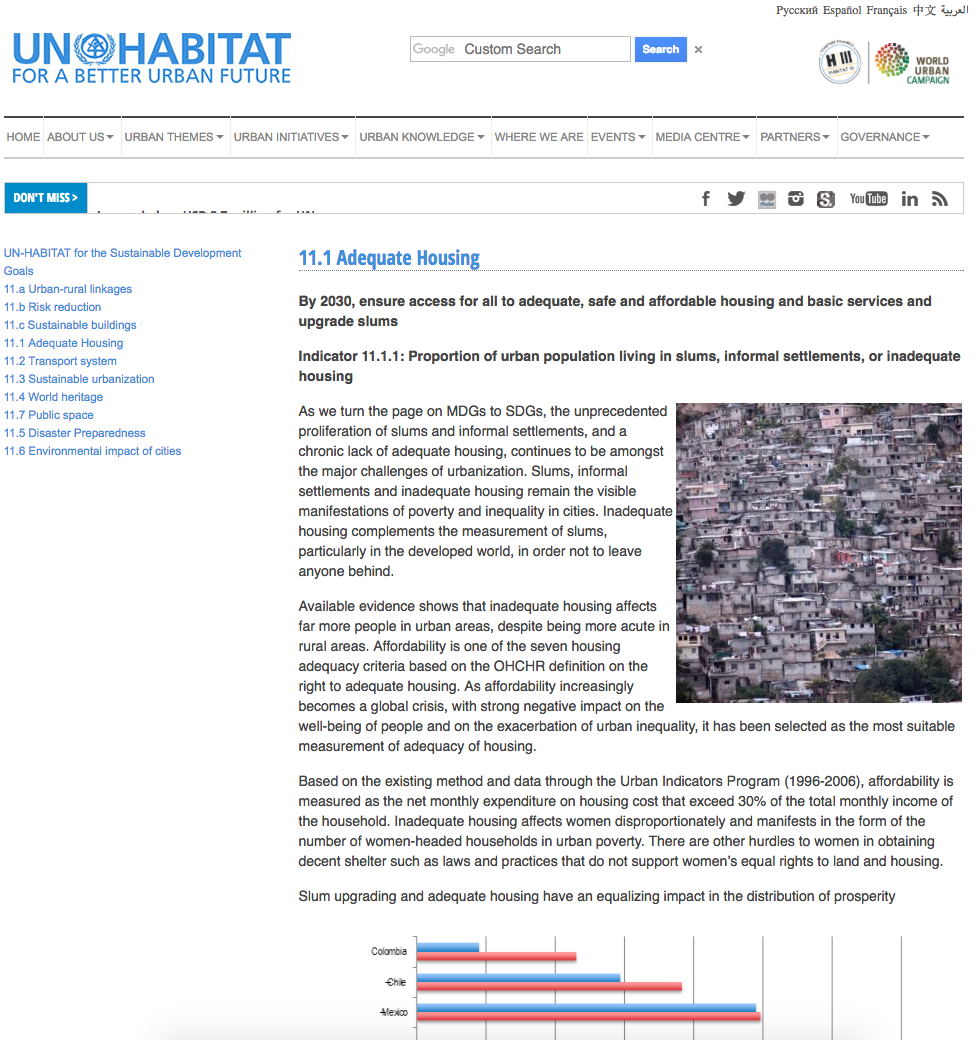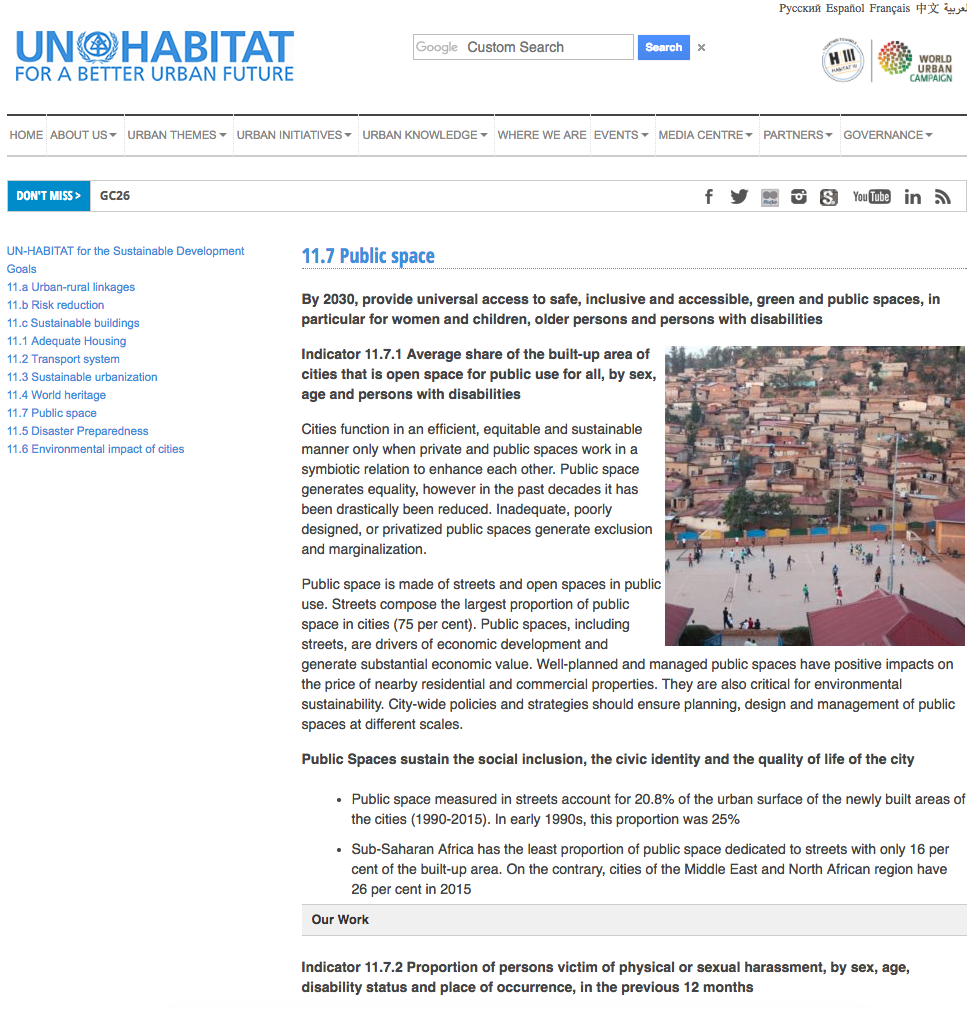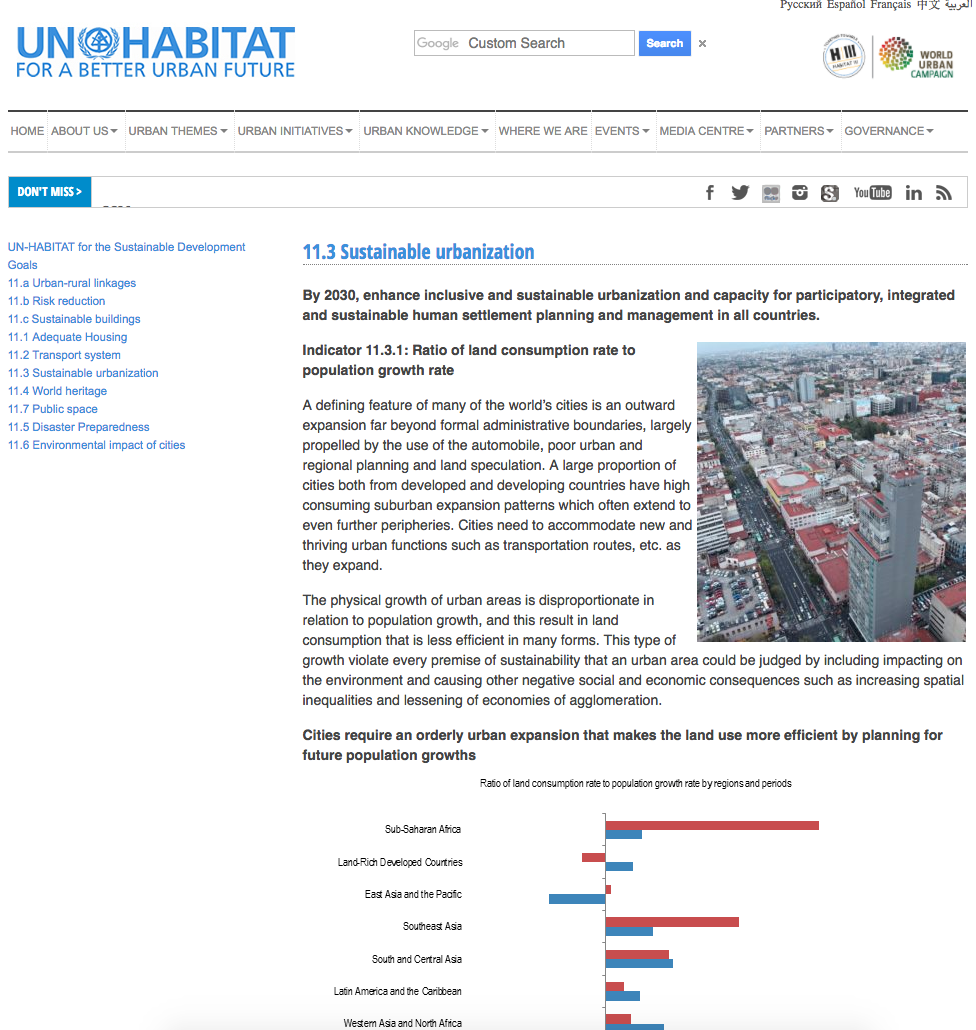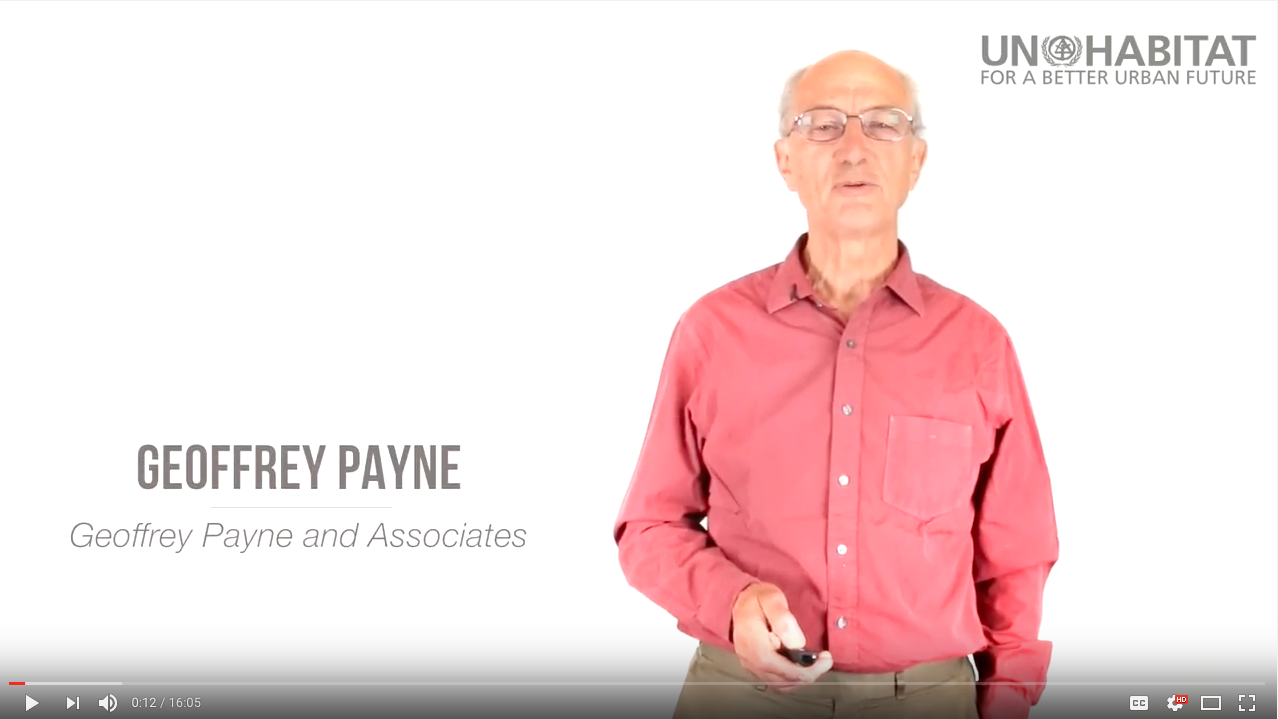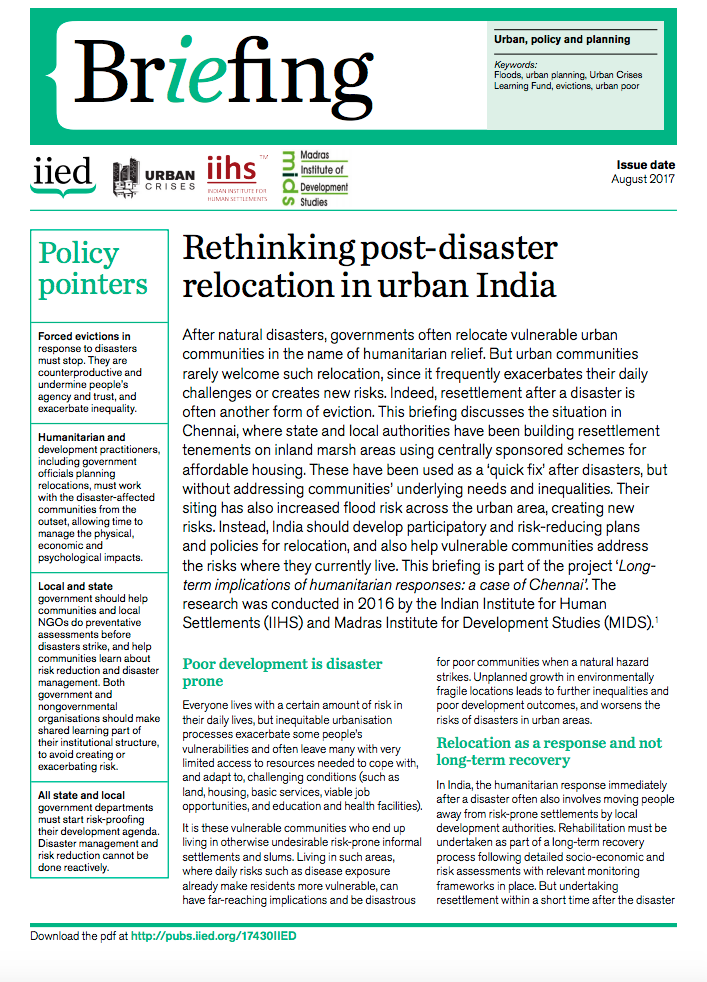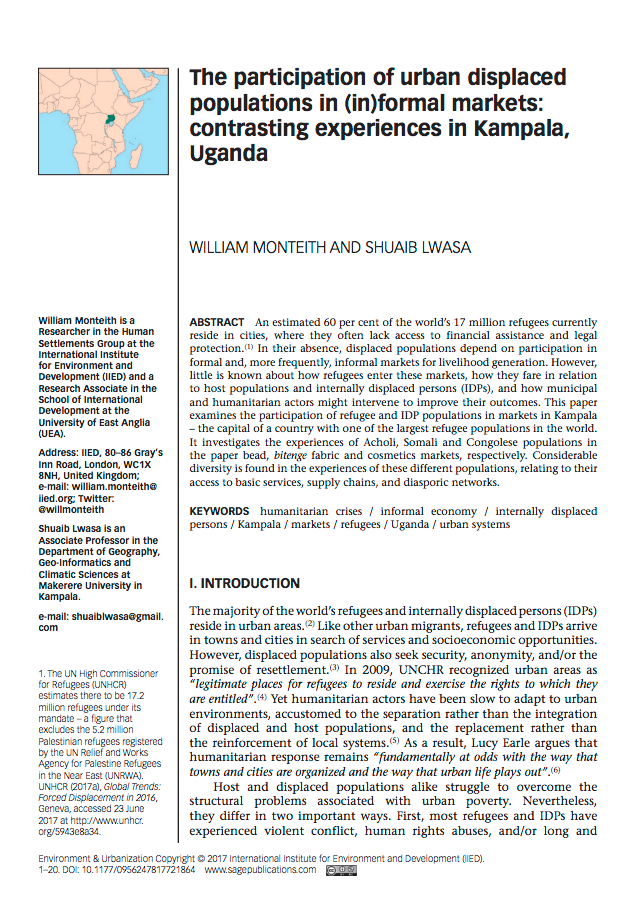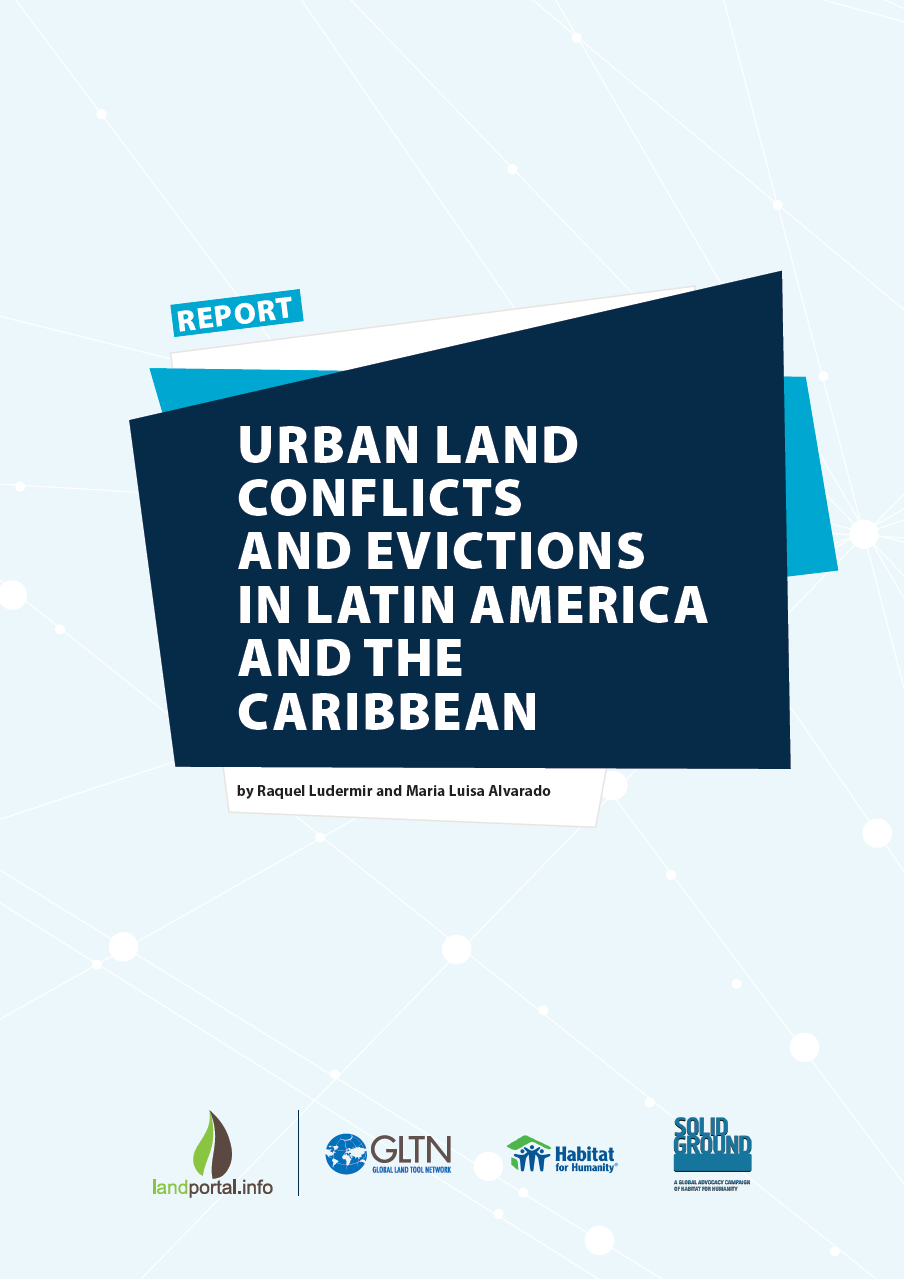Urban expansion into a protected natural area in Mexico City: alternative management scenarios
Land use change is one of the main stress factors on ecosystems near urban areas. We analysed land use dynamics within Xochimilco, a World Heritage Site area in Mexico City. We used satellite images and GIS to quantify changes in land use/land cover (LULC) from 1989 to 2006 in this area, and a Markov projection model to simulate the impact of different management scenarios through to 2057. The results show an alarming rate of urbanisation in 17 years. LULC change runs in one direction from all other land use categories towards urban land use.


